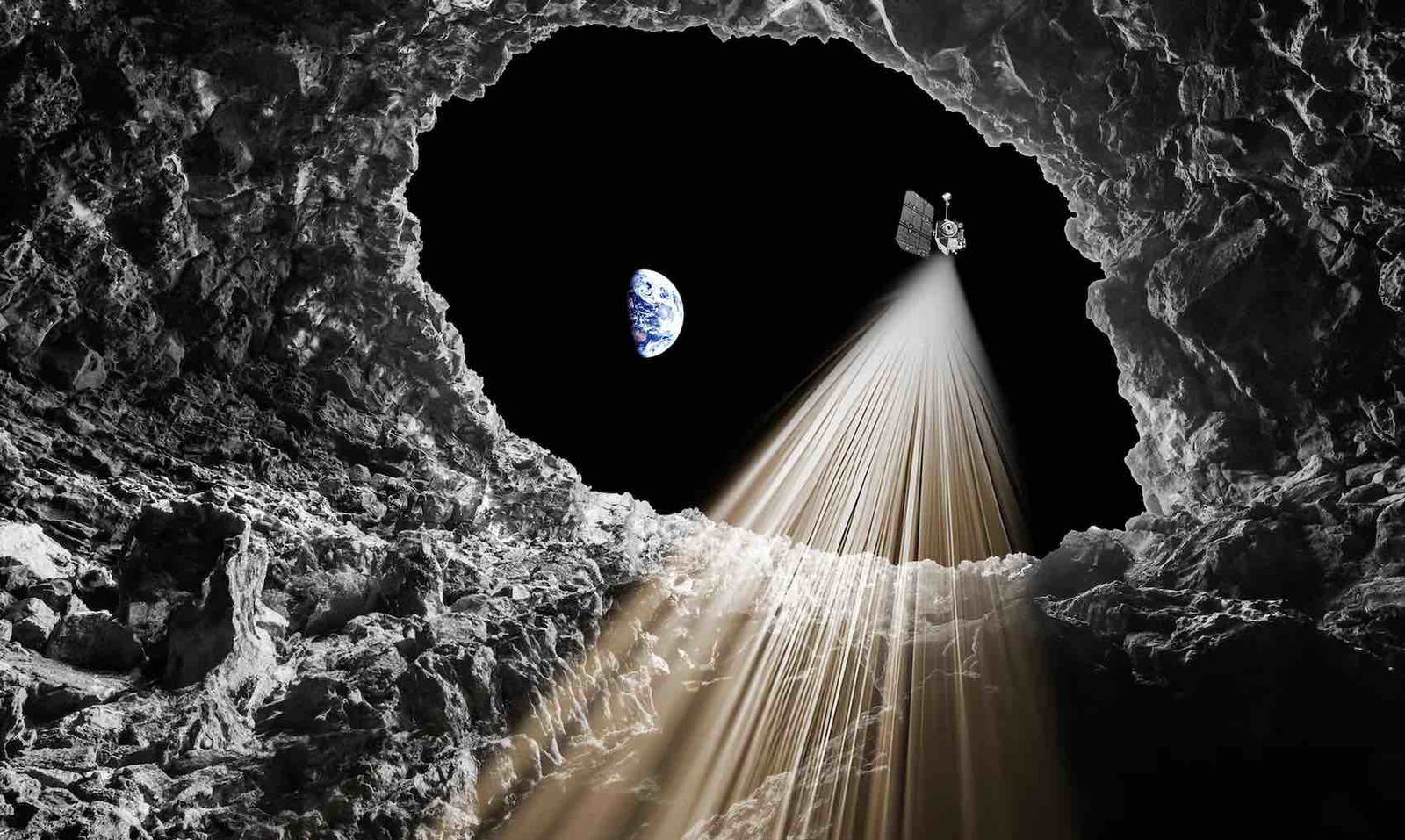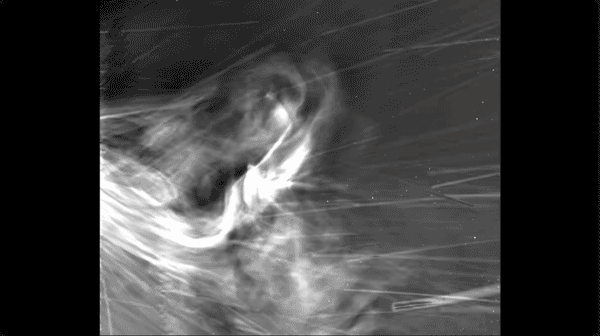T4K3.news
Japan's satellites uncover groundbreaking data on Venus
New insights into Venus's atmosphere revealed by Himawari-8 and Himawari-9 satellites.

Japan's Himawari satellites provide unexpected insights into Venus's atmosphere.
Japan’s Weather Satellites Reveal New Venus Discoveries
Two Japanese weather satellites, Himawari-8 and Himawari-9, have unintentionally gathered crucial data about Venus. Originally designed to monitor Earth’s atmospheric conditions, these satellites captured a record of Venus' thermal tides and Rossby waves, critical for understanding the planet’s atmosphere. The research team, including Gaku Nishiyama from the German Aerospace Center, found that while searching for lunar images, they also detected phenomena on Venus. This discovery enhances our knowledge of Venus and serves to refine data for future missions aimed specifically at the planet. A study detailing these findings was recently published in Earth, Planets and Space.
Key Takeaways
"This started by chance"
Gaku Nishiyama reflects on the surprising origins of their discovery.
"Thermal tides are global-scale gravity waves excited by solar heating in the cloud layers of Venus"
Nishiyama explains the importance of thermal tides in Venus’s atmosphere.
"Our comparison between Himawari and LIR sheds light on how to recalibrate the LIR data"
Nishiyama discusses the potential for improved accuracy in Venus mission data.
"Earth-observing satellites can provide reference data for instrument calibrations in future planetary missions"
Nishiyama emphasizes the unique advantages of using Earth satellites for ongoing research.
The findings from Japan's Himawari satellites highlight the potential of Earth-based technology in planetary science. As traditional space missions face budget constraints and longer timelines, these satellites present a unique opportunity to gather data over extended periods. By leveraging existing technology in new ways, researchers can extract insights that would otherwise remain hidden, fostering a more comprehensive understanding of planets like Venus. This trend points to an emerging strategy in planetary exploration, balancing the need for dedicated missions with innovative uses of current assets.
Highlights
- Unexpected discoveries can reshape our understanding of the universe.
- Transformative insights can come from the most unlikely sources.
- Earth satellites offer a surprise window into Venus's atmosphere.
- Accidental findings may lead to crucial advancements in space science.
Potential Impact on Future Space Missions
The unexpected use of Earth satellites for Venus research raises questions about the priorities and funding for dedicated space missions. If these satellites continue to provide vital data, there may be less urgency to allocate resources to missions specifically designed for Venus exploration, leading to shifts in budgetary focus. This development warrants careful consideration of long-term investment strategies in space exploration initiatives.
This discovery opens new paths for Earth-based observations of other celestial bodies.
Enjoyed this? Let your friends know!
Related News

New Evidence Suggests Planet 9 May Exist Beyond Pluto

Scientists Discover Ancient Landscape in Antarctica

Vibe physics poses risks in scientific discussions

NASA selects instruments for Artemis Lunar Terrain Vehicle

NASA Discovers Cave Entrances on the Moon

Study Links Gut Health to Chronic Fatigue and Long COVID

NASA shares groundbreaking video of the sun

NASA and India successfully launch NISAR satellite
